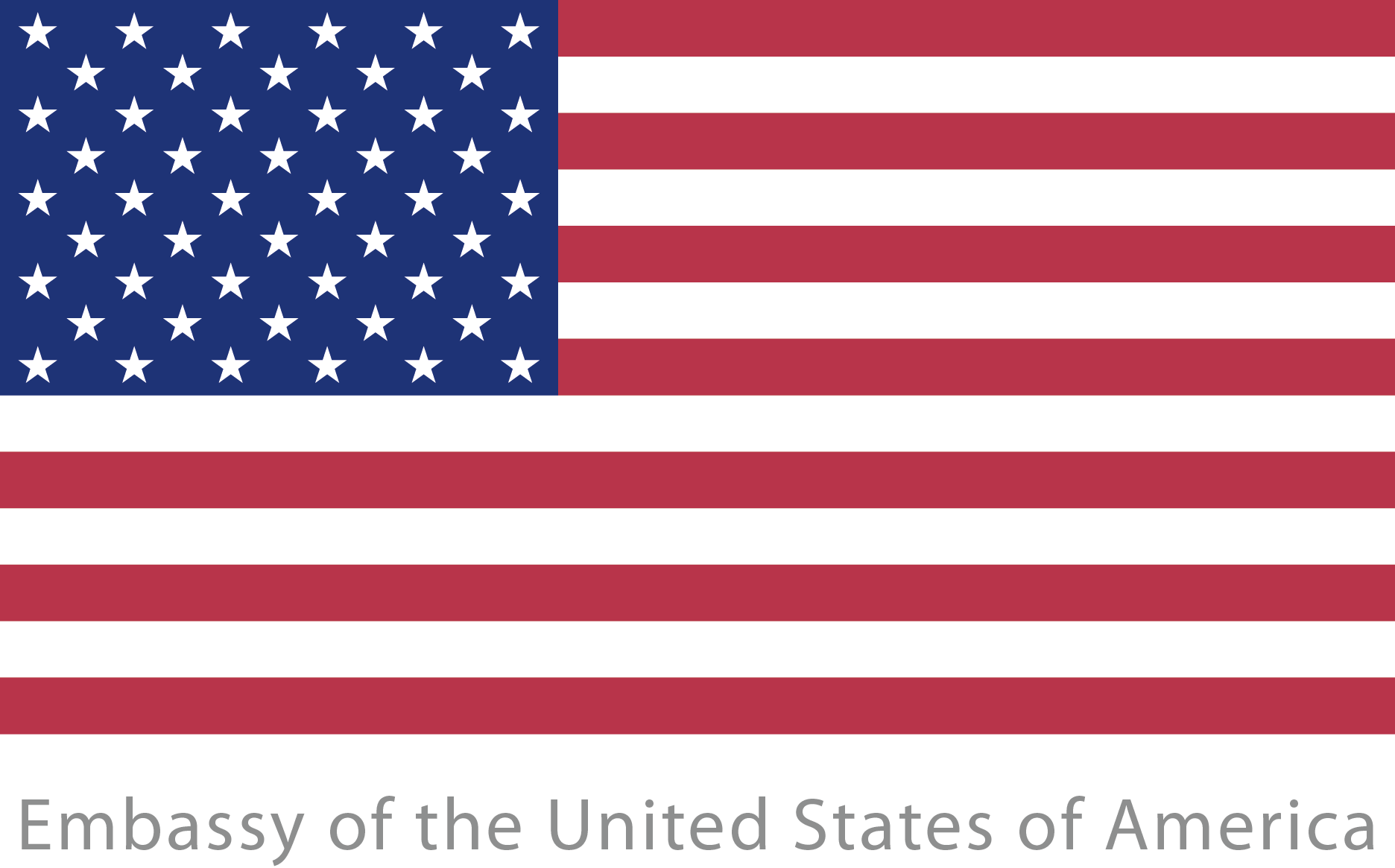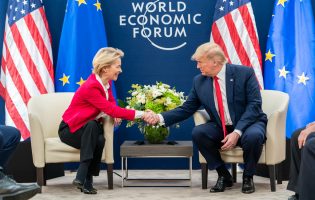Communiques and Capabilities: Making the Aspirations of NATO & U.S.-EU Summits a Reality
At the NATO and U.S.-EU summits in June 2021, the United States and its European partners committed to investing in transatlantic technological leadership and to addressing existing, new, and future threats and challenges. NATO allies reiterated the importance of an appropriately resourced, capable alliance in the face of aggressive Russian actions. What steps are required next to realize these goals, and how should the U.S. and its European partners prioritize their political and security engagement? How will the upcoming election affect Germany’s position on its security responsibilities? What capabilities from Europe are crucial, and where do they fall short? Join us to discuss the transatlantic security priorities and how the United States, Germany, and their European partners will approach them.
Keynote remarks by
Spencer Boyer, Deputy Assistant Secretary of Defense for European and NATO Policy
followed by a panel discussion with American, German, and European experts:
Cathryn Clüver Ashbrook, Director and CEO, German Council on Foreign Relations (DGAP)
Linas Linkevičius, former Lithuanian Minister of Foreign Affairs
Amb. Alexander Vershbow, Distinguished Fellow, Atlantic Council; former NATO Deputy Secretary General
Moderated by: Jeff Rathke, President, American-German Institute
Event Summary
The Biden administration views the transatlantic alliance as more important than ever. The NATO and U.S.-EU summits of June 2021 were important fora to reaffirm the transatlantic bond and revitalize relationships within NATO and with EU partners.
As the Department of Defense prepared for the summit and worked on the summit communique, it was important to emphasize the top job of the alliance: credible deterrence and defense. The United States also saw three important issues on the defense landscape to include in the NATO communique: China, cybersecurity, and climate change. The outcomes of the summit were substantive. Allies agreed to a new cyber defense policy, defense innovation accelerator, and climate security action plan. They also agreed to revise the NATO Strategic Concept, reinforced burden-sharing among allies, and recommitted to working with non-alliance partners and providing a path to membership to any European country that meets the criteria. The next step in NATO’s ambitious agenda will be updating the Strategic Concept. Sharing the responsibility for defense is also high on the agenda, and partners are committed to not only increasing spending but also capabilities.
The NATO summit communique’s reframing of burden-sharing to be more about common capability and address the generational challenge of climate change could benefit German policymakers who want to invest more in the alliance. As the German election campaign heats up and as the recent floods in North Rhine-Westphalia have emphasized the immediate threat of climate change, the NATO 2030 agenda gives German politicians an opportunity to reengage with the public on security topics.
Germany’s European partners are already seeing hybrid threats coming from Russia and its allies. Belarus is sending migrants across its borders into Europe, and Russia is targeting troops stationed in Lithuania with propaganda. The alliance must take the threat from Russia seriously and be ready to respond to 21st-century threats. Europe should step up and develop a balanced partnership. This will be especially important as the United States shifts its focus and ultimately its forces to the Indo-Pacific. There are specific things that Germany can do to meet the goals of the NATO summit, even if it does not meet the 2 percent spending goal: augment the Enhance Forward Presence with air defense and artillery, play a role in the EU to remedy capability shortfalls, contribute to building up the Tailored Forward Presence in the Black Sea, or build up the EU’s air and missile defense. Germany can also help shape consensus in the EU regarding China, Russia, communications technology, critical infrastructure, and supply chain security.
NATO is united in deterring Russia, but the alliance is not doing enough to affect Russian behavior. As Russia becomes more aggressive, the alliance must learn from 2008 and 2014 and invest in hard defense. This requires strong European buy-in. Germans especially should understand that they cannot hide behind the U.S. security umbrella forever, and especially do as much as possible to support Ukraine, despite democratic backsliding. If Ukraine were to fall, it would be a setback for the West and a win for Putin. Germany can do more to strengthen Ukraine’s defense, which is a strategic priority for Europe.
This webinar is supported by the United States diplomatic mission in Germany.








